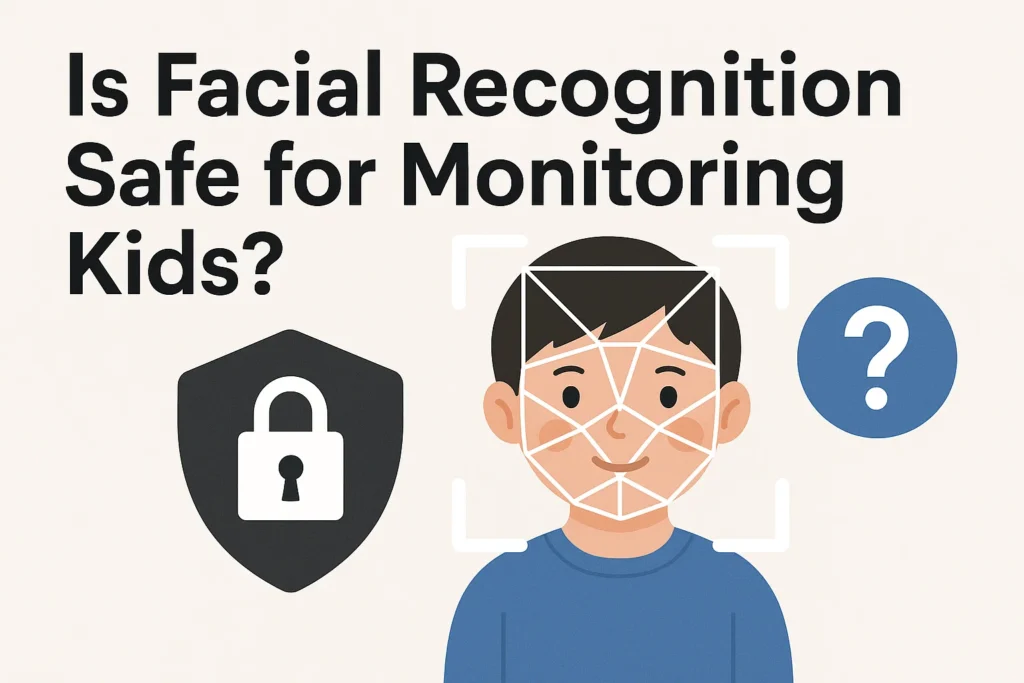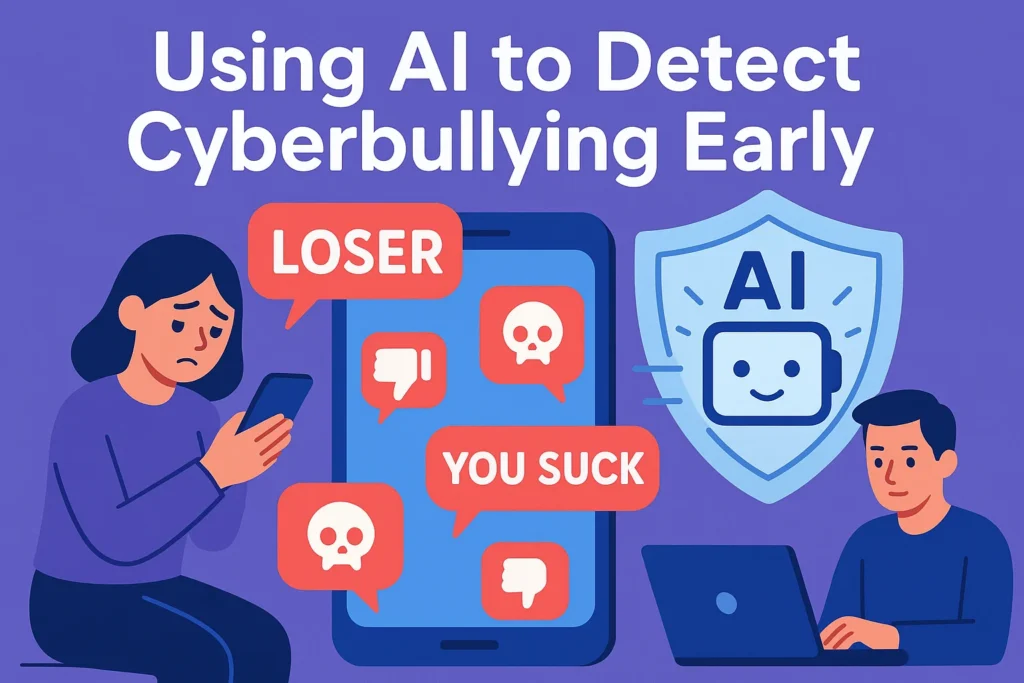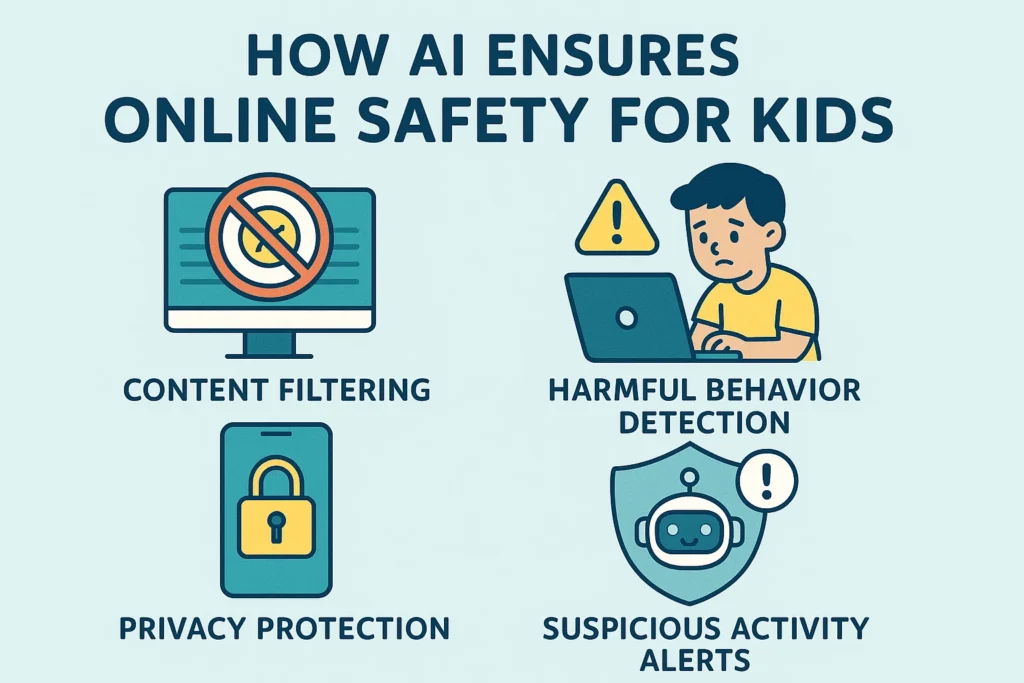👨👩👧 Introduction
As AI becomes a part of everyday parenting, one question keeps coming up: Is facial recognition safe for monitoring kids? At AiBlogQuest.com, we explore how this technology works, its benefits, and the risks families need to know before relying on it for child safety.
🏠 Why Parents Are Using Facial Recognition
Parents are drawn to facial recognition because it promises:
-
Enhanced home and school security
-
Real-time alerts about strangers
-
Easier monitoring of kids’ movements
-
Peace of mind when away from home
But alongside these positives, there are valid concerns about data privacy, ethics, and how much monitoring is too much.
🔑 7 Things to Know About Facial Recognition for Kids
1. ✅ Extra Security Layer
Facial recognition can detect strangers instantly, improving safety in homes, schools, or daycare centers.
2. 🔍 Instant Alerts for Parents
Parents get notified the moment an unfamiliar face appears on a camera feed.
3. 📷 Reliable Recognition
AI systems can distinguish between siblings, relatives, and pets, reducing false alarms.
4. ⚠️ Privacy Risks
Children’s biometric data may be stored in the cloud, raising hacking and misuse concerns.
5. 🧒 Impact on Kids’ Development
Over-monitoring may affect trust and independence as children grow.
6. 🛡️ Data Protection Matters
Strong encryption and secure storage are essential to keep facial data safe.
7. 🎯 Balance Is the Key
Facial recognition is most effective when used wisely—supporting parents, not replacing them.
🔗 Useful Links – AiBlogQuest.com
❓ FAQs on Facial Recognition and Kids
Q1: Is facial recognition safe for kids at home?
It can enhance safety but must be paired with secure systems and parental awareness.
Q2: Can facial recognition be hacked?
Yes, weak security makes biometric data vulnerable to cyber threats.
Q3: Should facial recognition replace parental supervision?
No, it should support—not replace—traditional parenting.
Q4: What’s the biggest concern with kids and facial recognition?
Privacy—once biometric data is leaked, it cannot be changed like a password.



